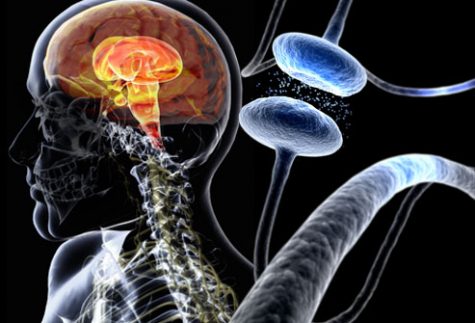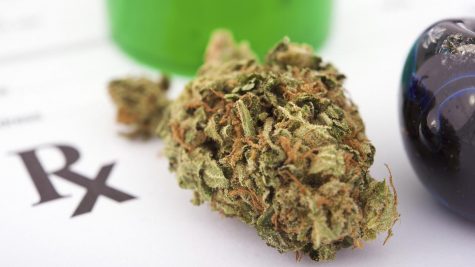New low-THC Texas medical cannabis law opens the door for more qualifiers
Cannabis products containing low amounts of the psychoactive compound THC (tetrahydrocannabinol) will now be made available to hundreds of thousands more eligible Texans. The rule change has been adopted as part of the state’s Compassionate Use Program, which was implemented in 2015.
The expanded law officially went into effect on September 1. Moving forwards, the changes will enable physicians to recommend low-THC, high-CBD cannabis formulations for patients who have been diagnosed with cancer and post-traumatic stress disorder (PTSD). CBD (cannabidiol) is a non-psychotropic cannabis compound.
Aside from broadening medical cannabis access for patients, the new provisions also boost the percent of THC available in prescribed products — increasing from 0.5 percent to one percent.
Amid the recent legislative session, cannabis supporters and lobbyists from Texas NORML have been pushing to make further amendments to Texas’ medical cannabis bill. Examples of the requested changes include raising the THC limit to five percent and granting chronic pain patients eligibility to obtain medicinal cannabis.
Although House lawmakers agreed to the new changes, numerous members of the Senate proceeded to completely banish the formerly-adopted provisions from the legislation soon after.
Facts about the psychoactive compound THC
As part of Texas’ expanded medical cannabis law, doctors will be able to prescribe qualifying patients with cannabis that contains low traces of the mind-altering substance THC. This primary psychoactive constituent of the cannabis plant is just one of at least 113 identified cannabinoids.
While the chemical formula for THC describes numerous isomers, “THC” is a term that is normally used to refer to the Delta-9-THC isomer “trans-Δ⁹-tetrahydrocannabinol.”
THC is renowned for inducing altered states of awareness in users, many of whom tend to feel relaxed after consuming the cannabinoid. Although THC can cause feelings of drowsiness and sedation (depending on the potency,) the Drug Enforcement Administration (DEA) affirms that “no deaths from overdose of [cannabis] have been reported.”
Further revisions to Texas’ medical cannabis program will not be considered until 2023
Patients who are already enrolled – and those who intend on enrolling under Texas’ expanded medical cannabis program in the near future – ought to make the most of the latest revisions. Why? Because additional revisions are unlikely to be considered until 2023.
The reason for this is because state lawmakers only meet to discuss rule changes every other year and therefore the next occasion on which changes may be adopted is 2023.
According to political analyst Dr. David Smith of Sam Houston State University, Texas’ updated medical cannabis law will positively contribute to Gov. Greg Abbott’s re-election campaign for governor next year.
“It’s going to reinvigorate his base, especially those who have become disenchanted because of some of his actions during the pandemic and how he kept pushing back on opening Texas quickly,” said Smith.
Currently, cannabis remains illegal for recreational purposes in Texas. Anyone caught in possession of two ounces will be charged with a Class B misdemeanor, which is punishable by a maximum of 180 days in prison and a $2,000 fine. Reduced penalties and enforcement have also been enacted by a handful of the state’s major municipalities.











